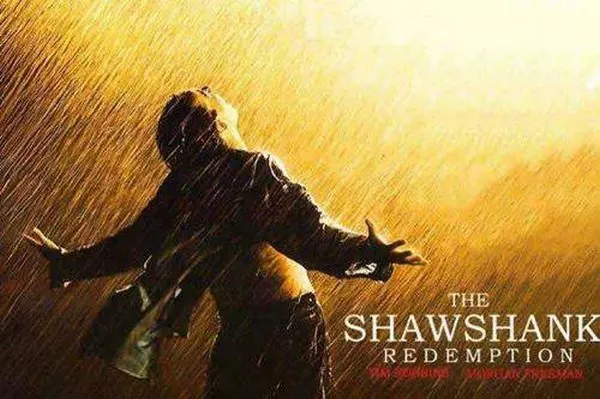Shawshank Redemption is widely regarded as one of the greatest movies of all time, and for good reason. Released in 1994, the film follows the story of Andy Dufresne (played by Tim Robbins), a successful banker who is sentenced to life in Shawshank State Penitentiary for the murder of his wife and her lover.
The movie was adapted from a novella by Stephen King, and directed by Frank Darabont. It stars an impressive cast, including Morgan Freeman as Red, a fellow inmate who becomes Andy’s friend and ally.
What sets Shawshank Redemption apart from other prison dramas is its underlying message of hope and redemption. Despite the harsh realities of life behind bars, Andy never loses sight of his dreams and uses his intelligence and resourcefulness to help himself and his fellow inmates.
Throughout the movie, we see Andy’s transformation from a broken man to a symbol of hope and inspiration. He makes friends with Red, teaches a fellow inmate how to read and write, and even helps the prison warden with his tax returns.
The film is expertly crafted, with standout performances from both Robbins and Freeman. The cinematography and score are also top-notch, adding to the emotional impact of the story.
But what truly sets Shawshank Redemption apart is its ability to resonate with audiences on a deeply personal level. The themes of hope, perseverance, and friendship are universal, and the film’s message continues to inspire viewers decades after its release.
While there may be other films that can stake a claim as the “greatest” of all time, few can match the lasting impact and cultural significance of Shawshank Redemption. Its legacy as a timeless classic is well-deserved, and it will continue to captivate and move audiences for generations to come.

